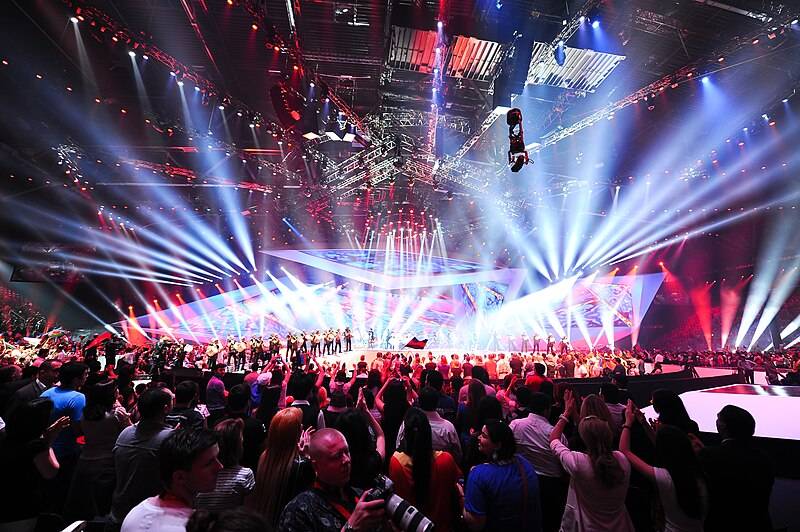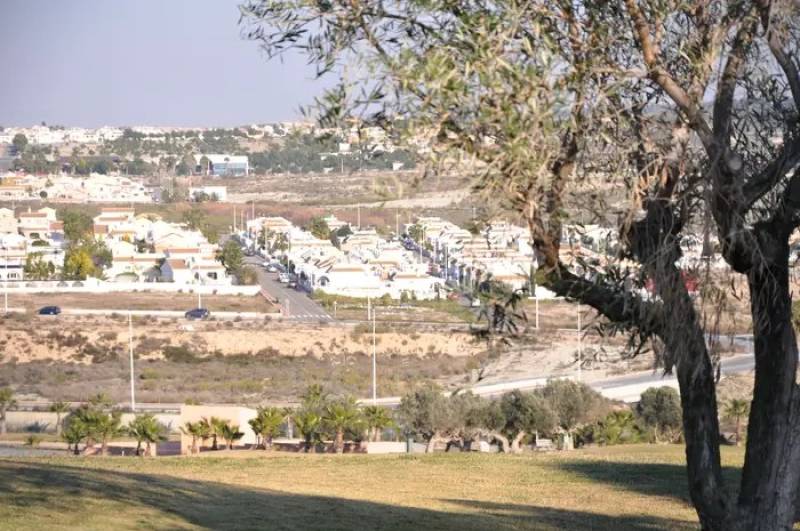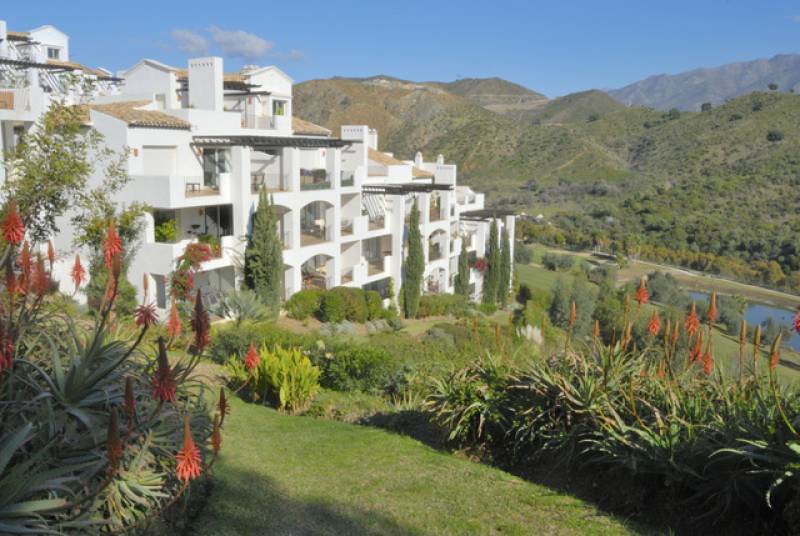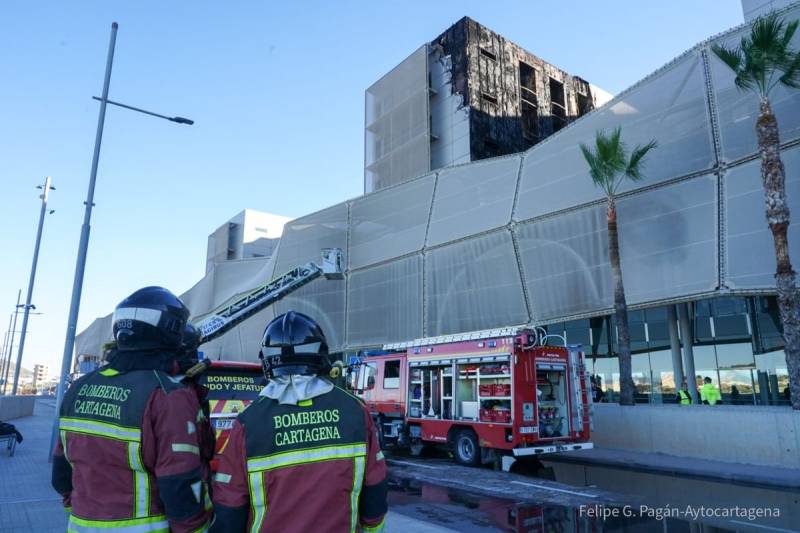

Guidelines for submitting articles to Mazarron Murcia
Hello, and thank you for choosing Mazarron Murcia to publicise your organisation’s info or event.
Mazarron Murcia is a website set up by Murcia Today specifically for residents of the urbanisation in Southwest Murcia, providing news and information on what’s happening in the local area, which is the largest English-speaking expat area in the Region of Murcia.
When submitting text to be included on Mazarron Murcia, please abide by the following guidelines so we can upload your article as swiftly as possible:
Send an email to editor@spaintodayonline.com or contact@murciatoday.com
Attach the information in a Word Document or Google Doc
Include all relevant points, including:
Who is the organisation running the event?
Where is it happening?
When?
How much does it cost?
Is it necessary to book beforehand, or can people just show up on the day?
…but try not to exceed 300 words
Also attach a photo to illustrate your article, no more than 100kb

Spain to boycott Eurovision 2026 if Israel competes, joining Ireland and others
Four countries have already withdrawn, now Spain is first Big Five member to threaten exit
 The Eurovision Song Contest 2026 is facing a major challenge as several countries oppose Israel’s participation due to the ongoing conflict in Gaza. To date, four countries have officially confirmed they will withdraw if Israel takes part next May in Vienna:
The Eurovision Song Contest 2026 is facing a major challenge as several countries oppose Israel’s participation due to the ongoing conflict in Gaza. To date, four countries have officially confirmed they will withdraw if Israel takes part next May in Vienna:- Slovenia
- Iceland
- Ireland
- The Netherlands
Sign up for the Spanish News Today Editors Roundup Weekly Bulletin and get an email with all the week’s news straight to your inbox
Special offer: Subscribe now for 25% off (36.95 euros for 48 Bulletins)
OR
you can sign up to our FREE weekly roundup!
Read some of our recent bulletins:
Discount Special Offer subscription:
36.95€ for 48 Editor’s Weekly News Roundup bulletins!
Please CLICK THE BUTTON to subscribe.
(List price 3 months 12 Bulletins)
Read more stories from around Spain:

































